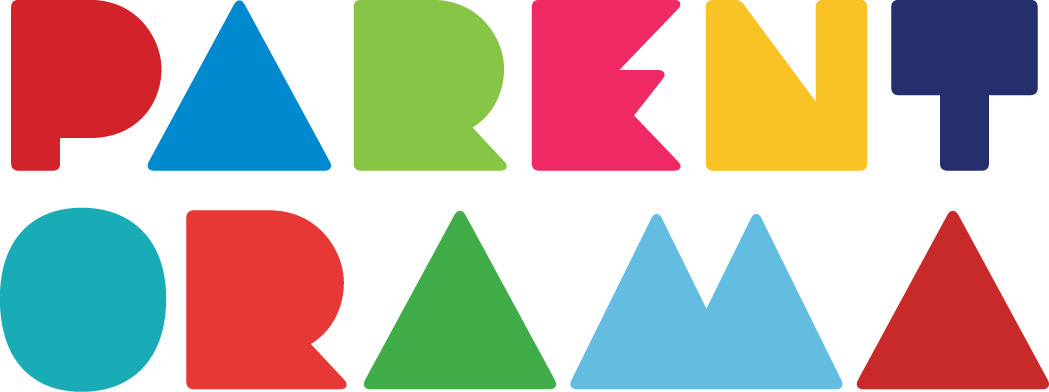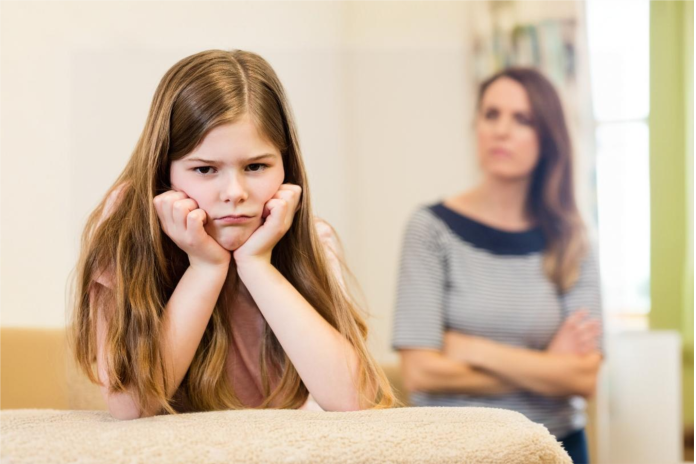Delinquent activities almost always occur outside the home and away from adult supervision, so it’s natural for parents to blame their child’s peers for their misbehavior. It’s no surprise that many parents also assume they can prevent future problems by limiting contact with suspicious peers.
However, a new study warns parents—especially meddling mothers—to resist the temptation to ban friendships, as doing so only worsens an already bad situation. How can that be?
The results of a new longitudinal study of middle school youth show that maternal disapproval of friends in response to their child’s behavioral problems harms the child’s peer status, which exacerbates the very behavioral issues the ban was intended to prevent.
Brett Laursen, Ph.D., co-author and psychology professor at Florida Atlantic University, along with colleagues from Mykolas Romeris University in Vilnius, Lithuania, followed a community sample of 292 boys and 270 girls (ages 9 to 14) over the course of a school year. Students completed surveys at the beginning, middle, and end of the year. At each time point, peer status (liked and disliked) and classroom disruptions were measured using peer nominations. Self-reports described behavioral problems and perceived maternal disapproval of friends.
The study’s findings reveal that mothers’ efforts to intervene in problematic peer relationships by banning friendships backfired. Mothers who disapproved of their children’s friends inadvertently worsened their children’s behavioral issues. Specifically, mothers who responded to behavior problems (both child and peer) with expressions of friend disapproval unintentionally damaged the child’s peer relationships, alienating classmates and leading to adjustment difficulties.
The study compared different peer responses to maternal interference in friendships. The findings suggest that maternal disapproval of friends is more likely to provoke active dislike from classmates rather than simply reducing the number of peers who enjoy the child’s company.
“The findings are important because they speak to the mechanism that translates friend disapproval into increased behavioral problems. Maternal disapproval of friends has counterproductive consequences for behavior problems due to its harmful impact on peer status,” Laursen said, at FAU’s Charles E. Schmidt College of Science.
He emphasized: “Young people may report restrictions and the reasons for them to their friends. Or mothers may express disapproval directly to the friends. Neither is likely to be well-received. Friends may respond by spreading contempt or ridicule across the peer group. Social opportunities are likely to wither as peers avoid associating with someone portrayed as off-limits.”
Researchers suggest that another possibility is that mothers might succeed in their efforts to disrupt a friendship.
“Imagine this scenario. A friendship ends because a mother forbids it. Now the child needs a new friend. Who wants to befriend someone with an unpleasant, meddling mother? Chances are, the pool of friend options is now quite limited, and the child is forced to consider someone who is also rejected by peers and struggles to make friends,” Laursen said. “All too often, such children are disliked because they have behavior problems. At the end of the day, interfering with peer relationships may force the child to befriend a poorly adjusted classmate due to a lack of alternatives.”
Friendship with children who have behavior problems subjects them to pressure to conform to the very disruptive behavior mothers are trying to discourage. Additionally, the loss of peer status increases the risk of behavioral problems because it heightens distress and triggers coping mechanisms. Finally, rejected children may be excluded from social interactions with typically developing peers, depriving them of opportunities to develop age-appropriate social skills.
“Parents should consider positive alternatives to banning friends,” Laursen said. “Focus on maintaining positive relationships with children, as warmth and support can be effective buffers against disruptive peer pressure, potentially disrupting the downward spiral of peer problems and adjustment difficulties.”
Researchers also suggest that parents can create opportunities for constructive peer engagement in supervised settings and encourage participation in clubs and adult-supported activities, which may reduce deviant behavior.



